| |
Date |
Event(s) |
| 1 | 1837 | - 20 Jun 1837—22 Jan 1901: Queen Victoria's reign

Victoria was Queen of the United Kingdom of Great Britain and Ireland from 20 June 1837 until her death. On 1 May 1876, she adopted the additional title of Empress of India.
Victoria inherited the throne at the age of 18, after her father's three elder brothers had all died leaving no surviving legitimate children. She became a national icon who was identified with strict standards of personal morality. Victoria married her first cousin Prince Albert. After his death in 1861, Victoria plunged into deep mourning and avoided public appearances. As a result, republicanism temporarily gained strength but in the latter half of her reign, her popularity recovered. Her Golden and Diamond Jubilees were times of public celebration.
|
| 2 | 1886 | - 25 Jul 1886—11 Aug 1892: Marquess of Salisbury - 46th British Prime Minister
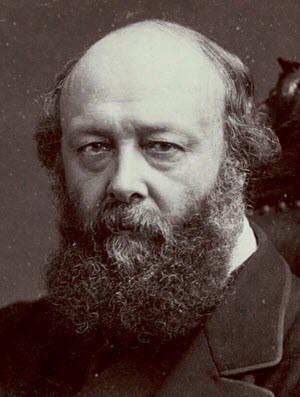
Robert Arthur Talbot Gascoyne-Cecil, 3rd Marquess of Salisbury, (3 February 1830 – 22 August 1903), styled Lord Robert Cecil before 1865 and Viscount Cranborne from June 1865 until April 1868, was a British statesman and Conservative Party politician, serving as Prime Minister three times for a total of over thirteen years. He was the last Prime Minister to head his full administration from the House of Lords.
In 1889 Salisbury set up the London County Council and then in 1890 allowed it to build houses. However, he came to regret this, saying in November 1894 that the LCC, "is the place where collectivist and socialistic experiments are tried. It is the place where a new revolutionary spirit finds its instruments and collects its arms".
|
| 3 | 1888 | - 13 Aug 1888: John Logie Baird born
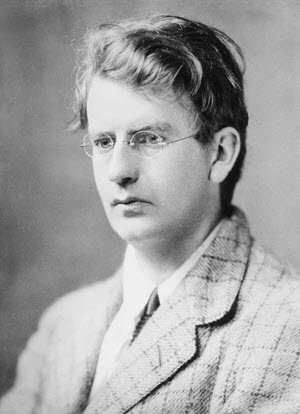
John Logie Baird (13 August 1888 – 14 June 1946) was a Scottish engineer, innovator, one of the inventors of the mechanical television, demonstrating the first working television system on 26 January 1926, and inventor of both the first publicly demonstrated colour television system, and the first purely electronic colour television picture tube.
In 1928 the Baird Television Development Company achieved the first transatlantic television transmission. Baird's early technological successes and his role in the practical introduction of broadcast television for home entertainment have earned him a prominent place in television's history.
|
| 4 | 1891 | - 20 Oct 1891: Sir James Chadwick born

Sir James Chadwick was an English physicist. When his university Professor, Ernest Rutherford became the Director of Research at Cavendish Lab, he invited Chadwick to join him. While there, he discovered the neutron, for which he won the 1935 Nobel Prize in Physics. It led to the development of the atomic bomb. He was distressed that his discovery had been used to kill many innocent people
|
| 5 | 1892 | - 1 Jan 1892: Ellis Island opens
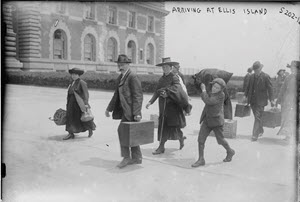
Ellis Island, in Upper New York Bay, was the gateway for over 12 million immigrants to the U.S. as the United States' busiest immigrant inspection station for over 60 years from 1892 until 1954. Ellis Island was opened January 1, 1892. The island was greatly expanded with land reclamation between 1892 and 1934. Before that, the much smaller original island was the site of Fort Gibson and later a naval magazine.
The island was made part of the Statue of Liberty National Monument in 1965 and has hosted a museum of immigration since 1990. "As a visitor to this place, you stand in awe. It has the aura of an ancient cathedral, redolent with the millions who passed through these doors."
- 15 Aug 1892—2 Mar 1894: William Ewart Gladstone - 47th British Prime Minister
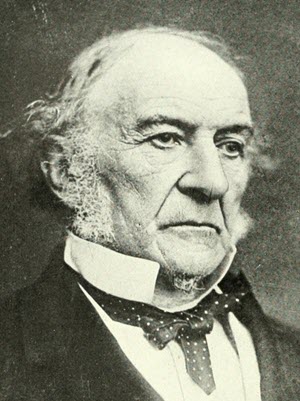
William Ewart Gladstone (29 December 1809 – 19 May 1898) was a British statesman and Liberal Party politician. In a career lasting over sixty years, he served for twelve years as Prime Minister of the United Kingdom, spread over four terms beginning in 1868 and ending in 1894.
The general election of 1892 resulted in a minority Liberal government with Gladstone as Prime Minister. The electoral address had promised Irish Home Rule and the disestablishment of the Scottish and Welsh Churches.[118] In February 1893 he introduced the Second Home Rule Bill, which was passed in the Commons at second reading on 21 April by 43 votes and third reading on 1 September by 34 votes. The House of Lords defeated the bill by voting against by 419 votes to 41 on 8 September.
|
| 6 | 1894 | - 1894: Tower Bridge - London's Defining Landmark
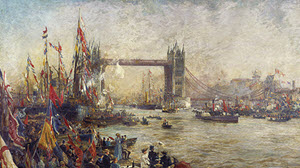
London’s iconic Tower Bridge opens. The bridge’s twin towers, high-level walkways and Victorian engine rooms now form part of the Tower Bridge Exhibition.
Tower Bridge was built to ease road traffic while maintaining river access to the busy Pool of London docks. Built with giant moveable roadways that lift up for passing ships, it is to this day considered an engineering marvel and beyond being one of London’s favourite icons, it is arguably one of the most famous and instantly recognisable structures in the entire world.
- 5 Mar 1894—22 Jun 1895: Earl of Rosebery - 48th British Prime Minister
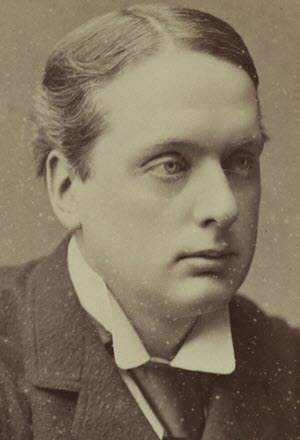
Archibald Philip Primrose, 5th Earl of Rosebery, 1st Earl of Midlothian, (7 May 1847 – 21 May 1929) was a British Liberal politician who served as Prime Minister of the United Kingdom from March 1894 to June 1895.
Rosebery's government was largely unsuccessful, as in the Armenian crisis of 1895–96. He spoke out for a strongly pro-Armenian and anti-Turkish policy. Gladstone, a prime minister in retirement, called on Britain to intervene alone. The added pressure weakened Rosebery.His designs in foreign policy, such as expansion of the fleet, were defeated by disagreements within the Liberal Party. He angered all the European powers.
|
| 7 | 1895 | - 25 Jun 1895—11 Jul 1902: Marquess of Salisbury - 49th British Prime Minister

Robert Arthur Talbot Gascoyne-Cecil, 3rd Marquess of Salisbury, (3 February 1830 – 22 August 1903), styled Lord Robert Cecil before 1865 and Viscount Cranborne from June 1865 until April 1868, was a British statesman and Conservative Party politician, serving as Prime Minister three times for a total of over thirteen years. He was the last Prime Minister to head his full administration from the House of Lords.
Among the important events of his premierships was the Scramble for Africa, culminating in the Fashoda Incident which escalated tensions with France, and the long, brutal and unpopular Second Boer War in South Africa.
|


